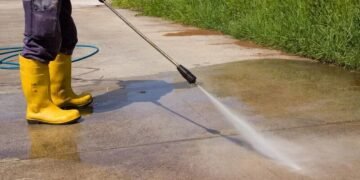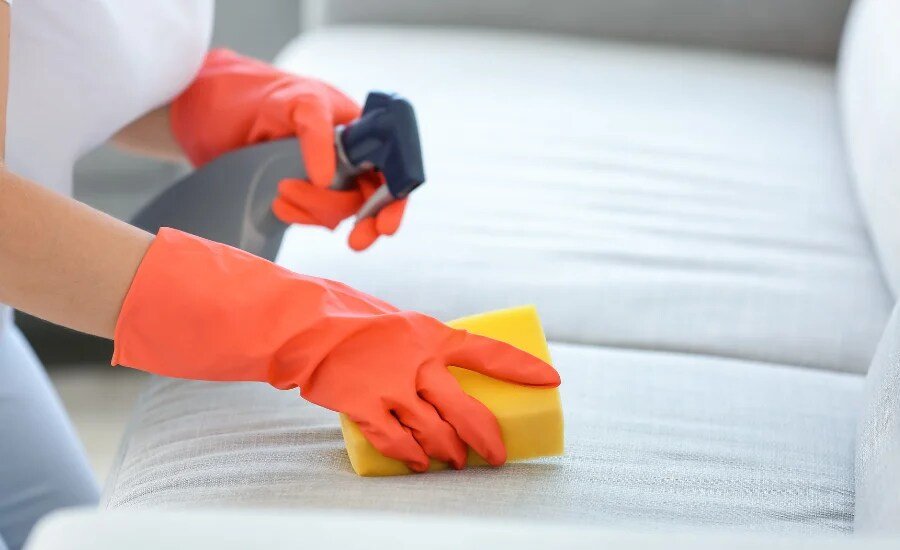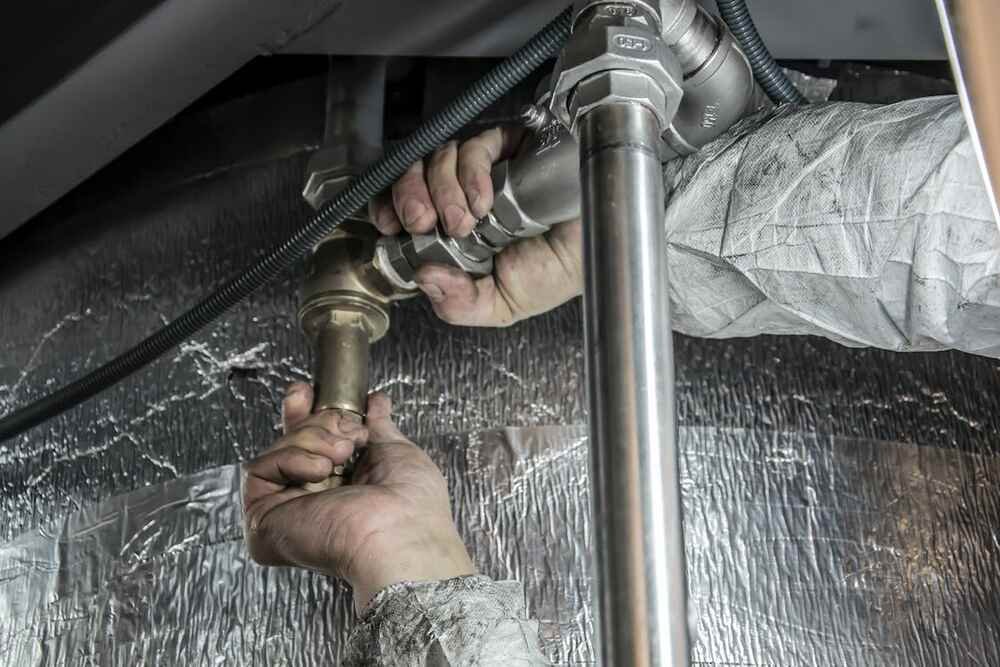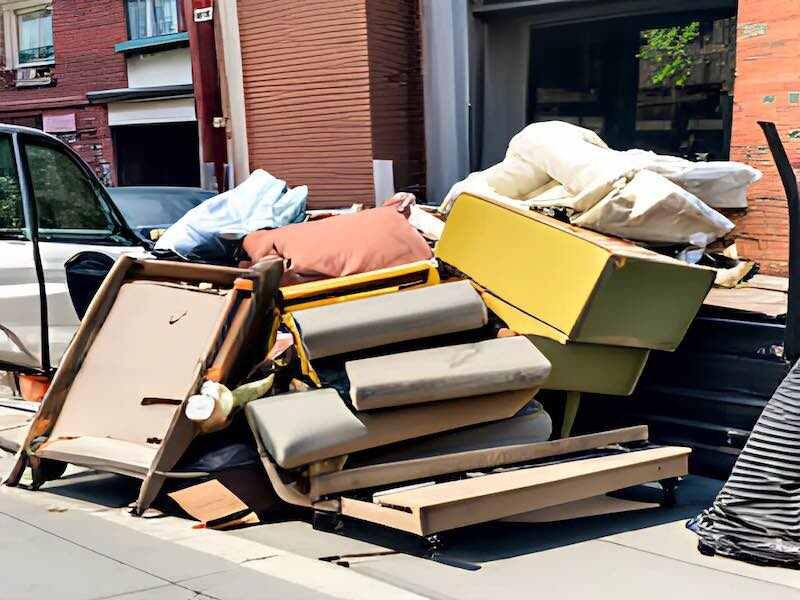DIY drain cleaning is a popular choice for many homeowners, offering a cost-effective and immediate solution to clog issues. However, without the right knowledge and approach, this task can lead to more harm than good. Here are five common mistakes to avoid, ensuring that your DIY efforts are both safe and successful.
Mistake 1: Overusing Chemical Drain Cleaners
Many people turn to chemical drain cleaners as a quick fix, but frequent use can be harmful.
Consequences
These chemicals can corrode pipes, harm septic systems, and pose environmental hazards.
Alternatives
Opt for natural solutions like a mixture of baking soda and vinegar, followed by hot water, for a safer approach.
Mistake 2: Ignoring the Problem Until It’s Too Late
Ignoring slow drains or minor clogs often leads to bigger problems.
Consequences
This negligence can cause serious blockages, leading to costly repairs or pipe replacements.
Preventive Measures
Regularly check your drains for slow drainage and address issues promptly to prevent escalation.
Mistake 3: Using Improper Tools
Using inappropriate tools, like coat hangers or other makeshift devices, is a common error.
Consequences
Improper tools can damage pipes, leading to leaks or ineffective clog removal.
Proper Tool Selection
Invest in the right tools, such as a plunger, a plumber’s snake, or a drain auger, and learn how to use them correctly.
Mistake 4: Applying Excessive Force
Applying too much force, especially with plungers or drain snakes, is a frequent mistake.
Consequences
Excessive force can damage plumbing fixtures or pipes, leading to leaks or breaks.
Gentle Techniques
Use steady, moderate pressure when using tools. Patience and the right technique often yield better results than force.
Mistake 5: DIY-ing When Professional Help Is Needed
Attempting to tackle major blockages without the necessary skills or tools is risky.
Consequences
DIY efforts on complex issues can exacerbate the problem, leading to more extensive damage.
Knowing When to Call a Professional Plumber
Seek professional help for persistent or severe blockages, especially if multiple attempts at clearing have failed.
Wrapping Up
Avoiding these common mistakes can make your DIY drain cleaning efforts more effective and safer. Remember, the key is to act promptly, use the right tools and techniques, and know when to call in the professionals. By doing so, you can maintain your drains efficiently while avoiding unnecessary damage and costs.
Recommended Posts:
















